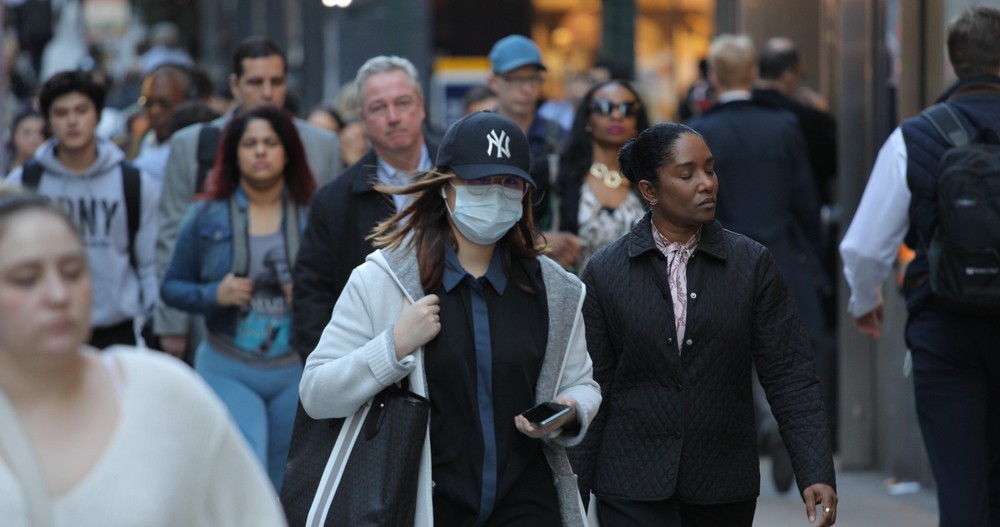South Dakota’s Rising Syphilis Epidemic
Health officials in South Dakota are working diligently to curb an escalating syphilis outbreak which has been greatly affecting Native American communities in the region. They have taken steps similar to COVID-19 pandemic measures, calling for ‘divide and conquer’ tactics that comprise testing and treating the residents. Nonetheless, they are grappling with dwindling resources as the federal government has yet to declare a public health emergency.
Reported Syphilis Cases among Native Americans
Native Americans in the Great Plains and Southwest areas have been hit hard by the outbreak. Data from the Great Plains Tribal Epidemiology Center reveals that syphilis rates among Native Americans shot up by a staggering 1,865% from 2020 to 2022, an increase more than tenfold compared to the national escalation of 154%.
In 2022, the center discovered that 1 out of 40 Native American and Alaska Native babies born in the region were born with a syphilis infection. These numbers are troubling, given that the disease is both preventable and curable.
Negligence from Federal Agencies
Despite the alarming increase, the pleas for declaring a public health emergency have seemingly fallen on deaf ears in the federal government. The Great Plains Tribal Leaders’ Health Board and other Indigenous health leaders maintain that they need federal aid, including health workers, data access, national stockpile supplies, and most importantly, funding to handle the crisis.
In South Dakota, there have been 577 documented cases of syphilis this year, with Native American people making up 75% of these cases, although they only make up 9% of the state’s population.
National Indian Health Board’s Pleas
The National Indian Health Board, a DC-based nonprofit advocating for tribal healthcare, had made a public plea to the Department of Health and Human Services back in September to declare a public health emergency. However, the federal response was limited to outlining some resources and training allocated for the outbreak, without announcing an emergency or providing significant resources that the board had asked for.
Syphilis: A Threat Today and for Future Babies
Intensifying the issue is the fact that Syphilis, a sexually transmitted infection, can lead to life-threatening organ damage when left untreated. Pregnant women can pass on the infection to their babies. Each year, these congenital syphilis infections lead to the deaths of numerous newborns and can cause devastating health effects for others.
Over the past few years, cases of congenital syphilis across the US have tripled, highlighting the gravity of the outbreak. In 2022, there were 3,700 reported cases- a number not seen since 1994. Native American or Alaska Native people had the highest rate of primary and secondary syphilis cases in 2022, further underscoring the urgency of the problem.
Public Health Emergency: Pleas Ignored
Health officials are working hard, but resources are stretched thin. Health departments across the country, state, and tribal groups continue to fight and test for syphilis. However, the roadblocks still persist, such as the challenge of convincing asymptomatic people to get tested for syphilis. Strategies such as disseminating educational flyers about syphilis and flexible testing without appointments are being implemented, but some individuals may not seek healthcare often enough and thus fall through the cracks.
The Call for Proactive Measures
The Native American community leaders argue that with adequate staffing, funding and data access, a more immediate and effective response to the syphilis outbreak could take place. They believe that these foundational resources are the crucial elements in preparing for this or any future public health crisis.
The federal government’s response to the escalating syphilis outbreak, especially among Native American communities in South Dakota, is a pivotal test of its commitment to public health crises. Will health officials and government leaders make the necessary adjustments to provide the much-needed assistance, or will this virulent epidemic continue to surge unchecked? Only time will tell.
